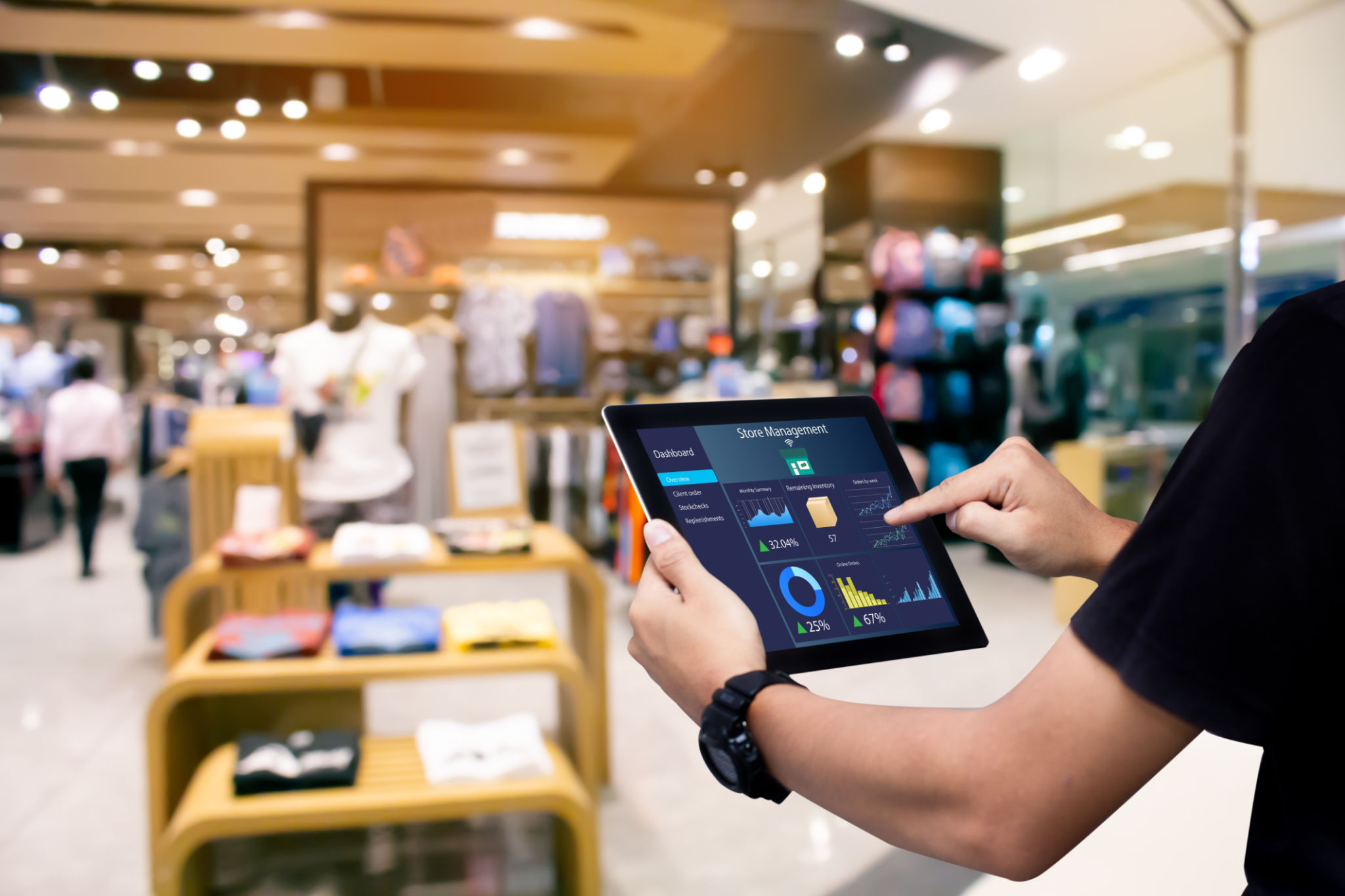Top Trends in AI Solutions for Retail and Consumer Goods
Introduction to AI in Retail and Consumer Goods
Artificial Intelligence (AI) is revolutionizing the retail and consumer goods industries, offering innovative solutions that enhance customer experiences, streamline operations, and drive sales. With AI, businesses can harness vast amounts of data to make more informed decisions and deliver personalized services. In this post, we'll explore the top trends in AI solutions that are shaping the future of these sectors.

Personalized Shopping Experiences
One of the most significant impacts of AI in retail is the ability to create personalized shopping experiences. AI algorithms analyze customer data, such as browsing history and purchase patterns, to provide tailored product recommendations. This level of personalization not only improves customer satisfaction but also increases the likelihood of a purchase.
Retailers are also using AI-driven chatbots to engage with customers in real-time, offering instant assistance and support. These virtual assistants can resolve queries quickly, ensuring a seamless shopping journey from start to finish.
Dynamic Pricing Strategies
AI is transforming pricing strategies through dynamic pricing models. By analyzing market conditions, competitor pricing, and consumer demand in real-time, AI can adjust prices automatically to optimize sales and profits. This agility allows retailers to remain competitive and responsive to market changes.

Inventory Management and Forecasting
Efficient inventory management is crucial for retail success, and AI is playing a vital role in optimizing this process. AI-powered systems can predict demand with high accuracy by analyzing historical sales data and external factors like weather patterns and economic indicators.
This foresight allows retailers to maintain optimal stock levels, minimizing both overstock and stockouts. As a result, businesses can reduce costs associated with excess inventory while ensuring products are available when customers need them.
Automation in Warehousing
AI-driven automation in warehousing is streamlining operations by enhancing efficiency and accuracy. From robotic picking systems to AI-powered sorting and packing solutions, these technologies are reducing manual workload while increasing operational speed.

Enhancing Customer Engagement
AI technologies are enabling retailers to engage with customers more effectively through targeted marketing campaigns. By analyzing customer data, AI can identify trends and preferences, allowing businesses to tailor their marketing efforts accordingly.
This targeted approach not only boosts engagement but also improves conversion rates. Additionally, AI-powered sentiment analysis tools provide insights into customer feedback, helping retailers refine their strategies and enhance customer satisfaction.
Improving Supply Chain Efficiency
The integration of AI into supply chain management is significantly improving efficiency by providing end-to-end visibility and predictive analytics. AI tools can anticipate disruptions, optimize logistics routes, and manage supplier relationships more effectively.
By leveraging these capabilities, businesses can reduce costs, improve delivery times, and enhance overall supply chain resilience, ensuring a reliable supply of goods to meet consumer demands.

Conclusion
The adoption of AI solutions in retail and consumer goods is no longer a futuristic concept; it is a present-day reality that is transforming how businesses operate. From personalized shopping experiences to improved supply chain management, AI is driving innovation and delivering tangible benefits across these industries. As technology continues to advance, retailers who embrace AI will be well-positioned to thrive in an increasingly competitive market.